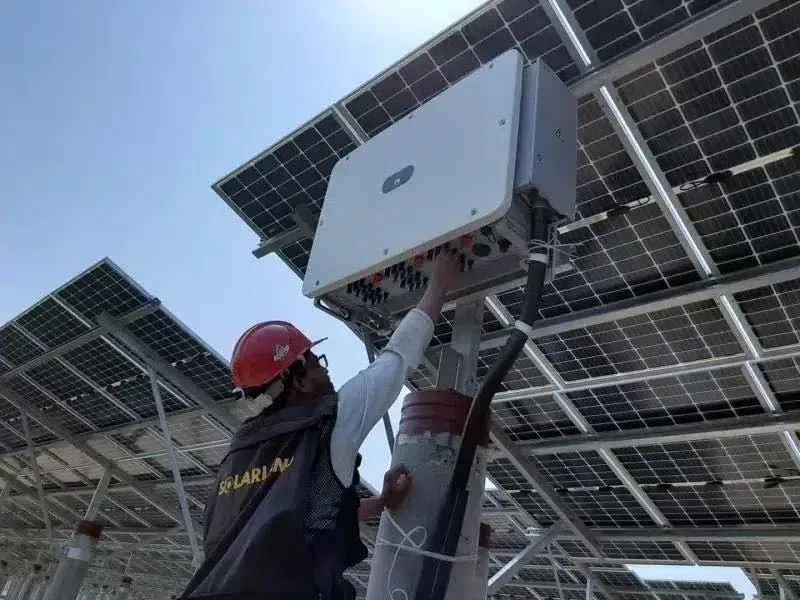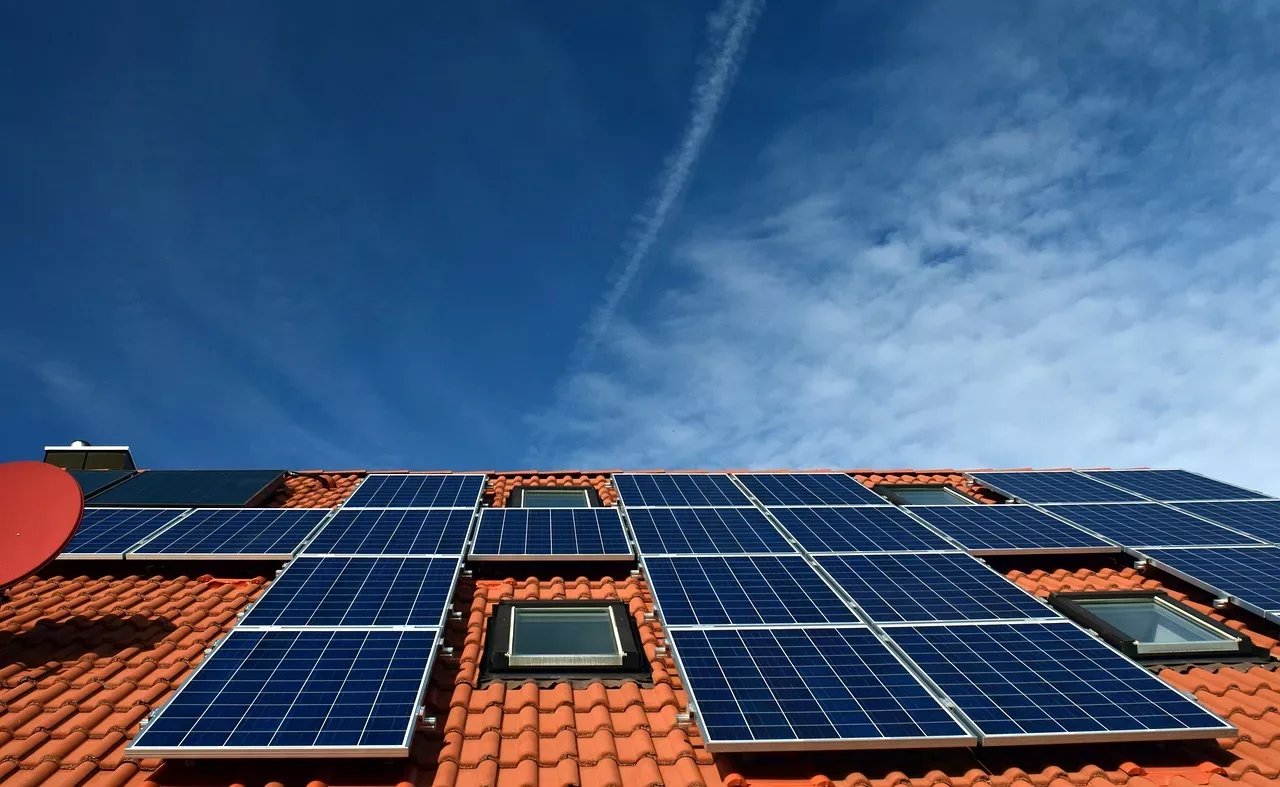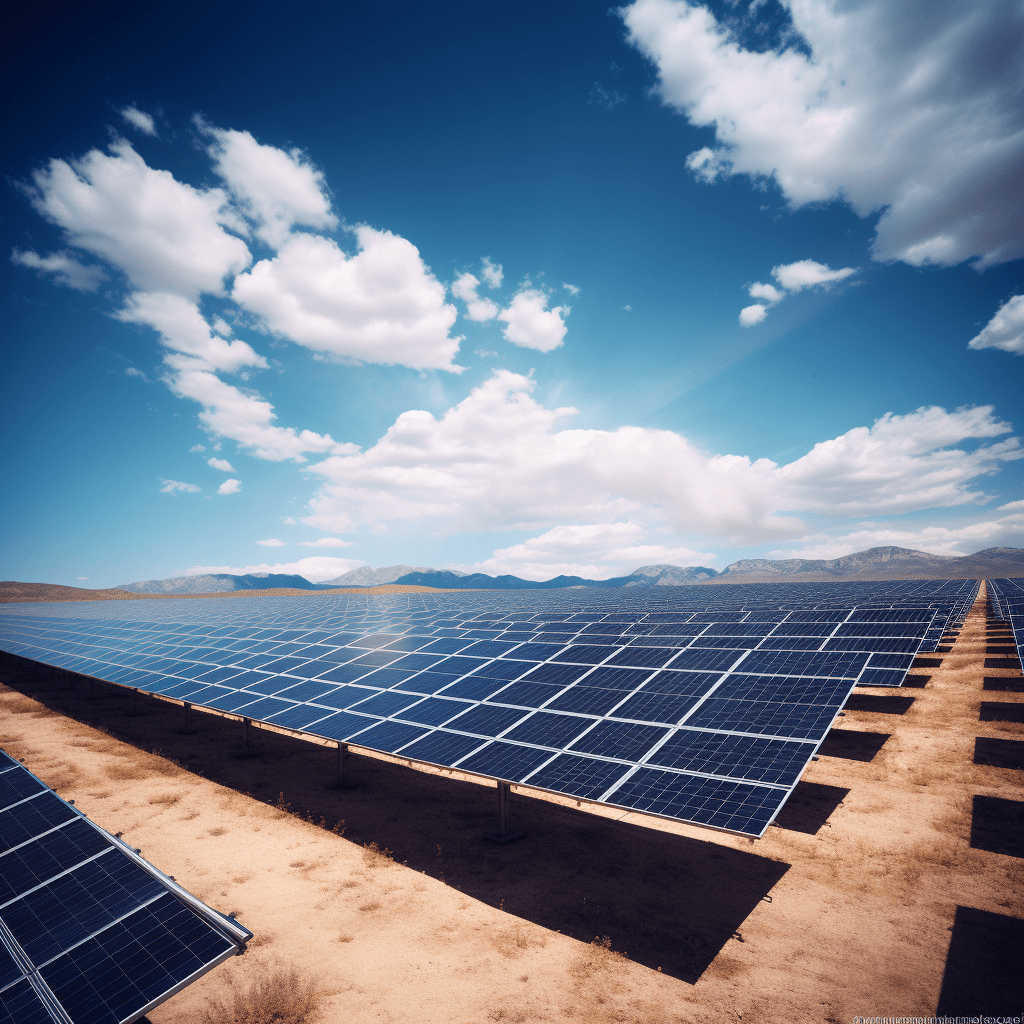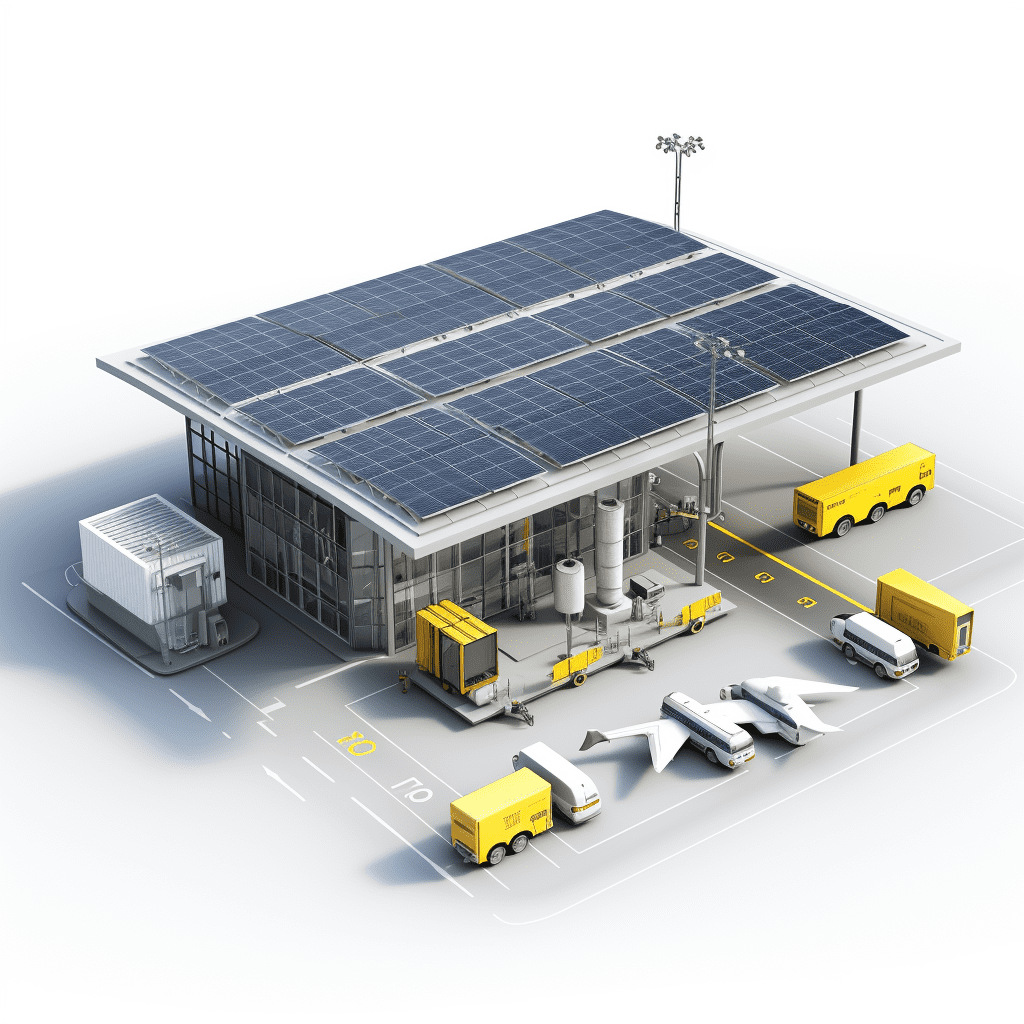Are you tired of skyrocketing energy bills and want to take control of your home’s power source? Look no further than solar panels. Harnessing the sun’s abundant energy, solar panels are not only environmentally friendly but also a cost-effective solution for powering your home. Whether you’re motivated by reducing your carbon footprint or saving money in the long run, investing in solar panels is a smart choice. But before you jump on board the solar train, there are some key factors to consider. In this blog post, we’ll guide you through everything you need to know about buying solar panels for your home! So sit back, relax, and let us shed some light on this electrifying topic!
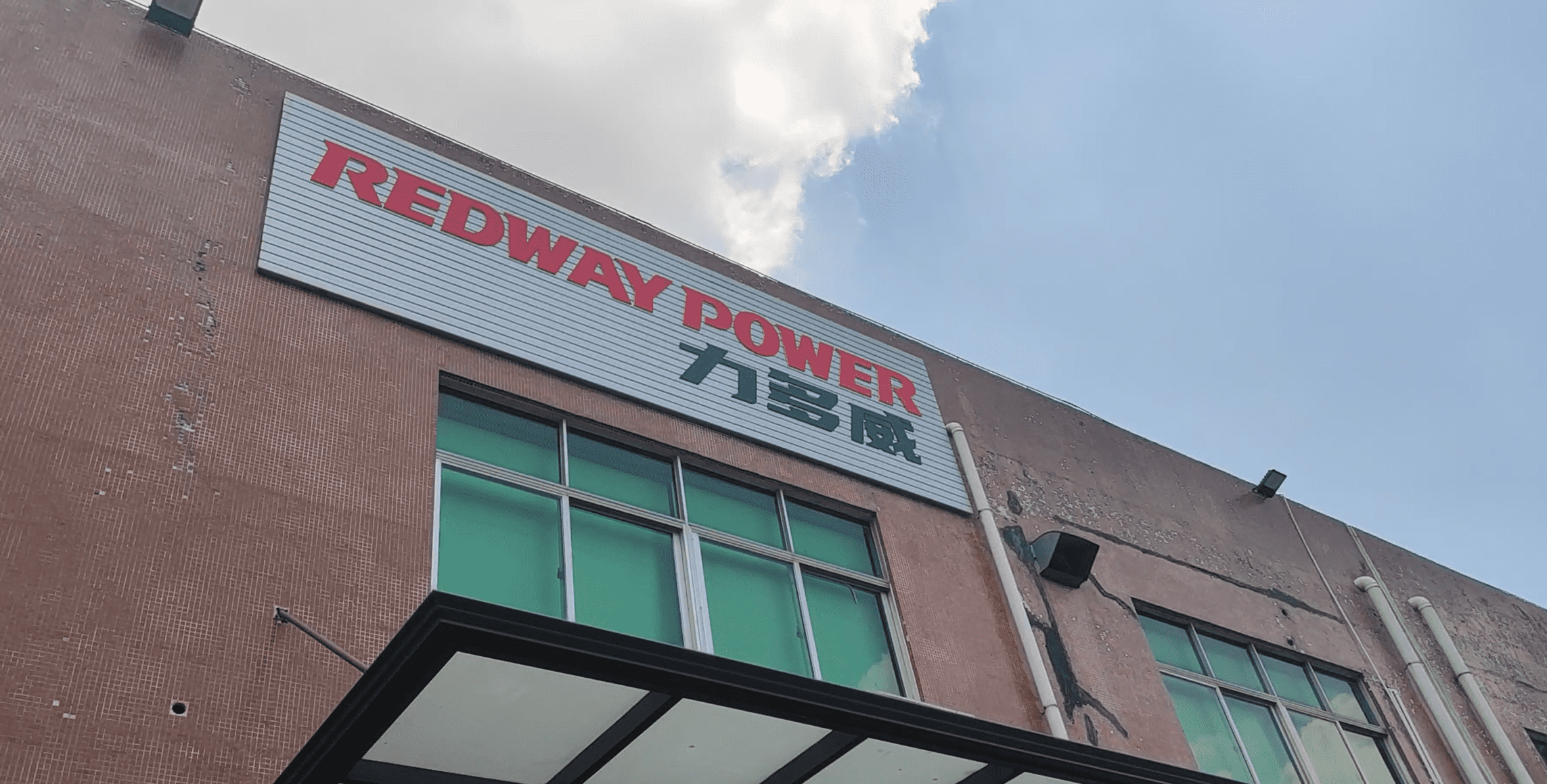
The Benefits of Solar Panels for Your Home
Solar panels offer a multitude of benefits for homeowners looking to make the switch to renewable energy. First and foremost, they provide substantial savings on your electricity bills. By generating your own power from the sun, you can significantly reduce or even eliminate your reliance on traditional utility companies. Imagine the satisfaction of watching your meter spin backward as you generate more energy than you consume!
Not only do solar panels save you money, but they also increase the value of your home. Studies have shown that homes equipped with solar panels sell at a premium compared to those without. Potential buyers are increasingly attracted to properties that offer sustainable and cost-effective energy solutions.
Another advantage is that solar panels have a positive environmental impact. By utilizing clean and renewable energy, you’re reducing greenhouse gas emissions and contributing to a greener future. Solar power helps combat climate change by decreasing our dependence on fossil fuels.
Furthermore, installing solar panels provides energy independence and security. You won’t be affected by fluctuations in electricity prices or grid failures since you’ll be generating your own power right from the comfort of home.
Many governments and local authorities offer incentives for adopting solar technology such as tax credits and grants. These financial incentives further enhance the appeal of going solar by offsetting initial installation costs.
Investing in solar panels for your home offers numerous advantages – saving money on utility bills, increasing property value, protecting the environment, ensuring energy independence, and benefiting from various government incentives. So why wait? Take advantage of this renewable resource today!
Factors to Consider Before Buying Solar Panels
When it comes to buying solar panels for your home, there are several factors that you should consider before making a decision. First and foremost, you need to assess the solar potential of your property. Is your roof exposed to direct sunlight for most of the day? Are there any obstructions such as tall trees or buildings that could block the sun’s rays?
Next, think about your energy needs. How much electricity do you currently consume on a daily basis? This will help determine how many solar panels you will need and what capacity they should be.
Cost is another important factor to consider. While solar panels can save you money in the long run by reducing or eliminating your monthly electricity bill, they do require an upfront investment. Take into account not just the cost of purchasing and installing the panels, but also any additional equipment such as inverters and batteries.
Additionally, it’s crucial to choose a reputable solar panel manufacturer and installer. Do some research online, read reviews from other customers, and ask for recommendations from friends or family who have already gone solar.
Don’t forget about warranties and maintenance requirements. Solar panels are built to last for decades, but it’s still important to understand what kind of warranty is offered by the manufacturer and how often they should be inspected or cleaned.
Considering these factors will help ensure that you make an informed decision when it comes time to buy solar panels for your home!
Different Types of Solar Panels
When it comes to choosing solar panels for your home, there are several different types available on the market. Each type has its own unique characteristics and benefits, so it’s important to understand the differences before making a decision.
One common type of solar panel is the monocrystalline panel. These panels are made from a single crystal structure, which allows them to be more efficient in converting sunlight into electricity. They also tend to have a sleek black appearance and perform well in low-light conditions.
Another option is polycrystalline solar panels. These panels are made up of multiple crystals, giving them a distinctive blue color. While they may not be as efficient as monocrystalline panels, they are often more affordable and can still provide significant energy savings.
Thin-film solar panels offer flexibility and versatility in installation. They consist of layers of semiconductor materials that can be applied onto various surfaces such as roofs or walls. While they may not be as efficient as other types, they can be ideal for spaces with limited roof area or irregular shapes.
There are also bifacial solar panels that capture sunlight from both sides of the module by using light reflective surfaces underneath each cell. This design increases overall energy production and offers greater flexibility in terms of installation orientation.
Choosing the right type of solar panel for your home will depend on factors such as budget, energy needs, aesthetics, and available space for installation. Consulting with a reputable solar installer will help you make an informed decision based on your specific requirements.
Choosing the Right Size and Capacity for Your Home
When it comes to choosing the right size and capacity for solar panels in your home, there are a few important factors to consider. First and foremost, you need to evaluate your household’s energy needs. Take into account your average monthly electricity consumption, as well as any future changes that may affect this.
Next, assess the available roof space on your property. Solar panels require a certain amount of surface area to be installed efficiently. Consider any shading issues from trees or nearby buildings that could reduce sunlight exposure.
It’s also crucial to think about how much direct sunlight your location receives throughout the year. This will impact the efficiency of your solar panels and ultimately determine their capacity.
Consulting with a professional installer is highly recommended at this stage. They can perform an on-site assessment and provide accurate recommendations based on your specific circumstances.
Keep in mind that investing in higher-capacity solar panels may allow for greater energy production, which can offset installation costs over time. However, it’s essential to strike a balance between system size and budget constraints.
By carefully considering these factors and seeking expert advice when needed, you can choose the right size and capacity of solar panels that will best meet both your energy requirements and financial goals
Financing Options for Solar Panels
When it comes to investing in solar panels for your home, one of the main considerations is how to finance this sustainable energy solution. Fortunately, there are several options available that can help make the transition to solar power more affordable and accessible.
One popular financing option is a solar loan. This type of loan allows homeowners to borrow money specifically for their solar panel installation. With a solar loan, you can take advantage of low-interest rates and flexible repayment terms, making it easier to manage the cost of going solar.
Another option is leasing or power purchase agreements (PPAs). With these arrangements, a third-party company owns and maintains the solar panels on your property while you pay them a monthly fee for using the electricity generated by those panels. Leasing or PPAs can be an attractive option if you don’t want to deal with upfront costs or ongoing maintenance.
Some homeowners may also consider utilizing home equity loans or lines of credit to finance their solar panel system. These types of loans use the value built up in your home as collateral and often come with competitive interest rates.
Additionally, various government programs offer incentives such as tax credits or grants that can help offset the cost of installing residential solar systems. It’s essential to research what programs are available in your area and take advantage of any potential rebates or incentives that could further reduce your expenses.
Exploring different financing options is crucial when considering purchasing solar panels for your home. Each option has its advantages and drawbacks; therefore, it’s important to assess which one aligns best with your financial goals and circumstances before making a decision. By carefully weighing all factors involved in financing your solar panel system, you’ll be able to reap long-term benefits both environmentally and economically!
Installation Process and Maintenance
Installing solar panels on your home is an exciting step towards harnessing clean, renewable energy. Once you’ve chosen the right type and size of solar panels for your needs, it’s time to tackle the installation process.
The first step in installing solar panels is to find a reputable and experienced installer. Look for companies that have a track record of successful installations and positive customer reviews. They should be knowledgeable about local regulations and permitting requirements.
Before installation begins, your installer will conduct a thorough site assessment to determine the best location for your solar panels. Factors such as roof orientation, shading from trees or nearby buildings, and structural integrity will all be taken into account.
Once the optimal location has been determined, the next step is mounting the solar panels onto your roof or other suitable structure. This involves securely attaching racking systems that support the weight of the panels while ensuring they are properly angled to maximize sunlight exposure.
After the physical installation is complete, electrical wiring must be connected from the solar panels to an inverter system. The inverter converts direct current (DC) generated by the panels into usable alternating current (AC) electricity that can power your home.
Regular maintenance is important to keep your solar panel system operating efficiently over its lifespan which can range from 25-30 years or more. This includes periodic inspections of both electrical connections and physical components like brackets or mounts. It’s also essential to keep debris like leaves or snow clear from blocking sunlight access.
By understanding each aspect of installation and maintenance involved with owning a Solar Panel System you are better equipped when making decisions about going green at home!
Rebates and Incentives for Going Solar
Rebates and incentives can make going solar even more appealing for homeowners. Many governments, utility companies, and organizations offer financial incentives to encourage the adoption of solar energy.
One common incentive is a rebate program, where homeowners receive a cash refund for purchasing and installing solar panels. These rebates can significantly reduce the upfront cost of going solar and make it more affordable for many households.
In addition to rebates, there are also tax credits available for those who install solar panels. These credits allow homeowners to deduct a portion of their installation costs from their overall tax liability. This not only helps offset the initial investment but also provides long-term savings on electricity bills.
Some areas may also have net metering policies in place. Net metering allows homeowners with solar panels to earn credits for excess electricity they generate and send back to the grid. These credits can then be used when their homes need additional power from the grid.
Certain states or municipalities may offer additional incentives such as grants or low-interest loans specifically for renewable energy projects like installing solar panels.
By taking advantage of these rebates and incentives, homeowners can maximize their return on investment while reducing their carbon footprint at the same time!
Common Myths and Misconceptions about Solar Energy
Solar energy has gained popularity in recent years, but there are still some common myths and misconceptions surrounding it. Let’s clear up a few of these misunderstandings.
Myth 1: Solar panels are too expensive.
While the upfront cost of solar panels can seem daunting, they actually save you money in the long run. With government incentives and decreasing installation costs, solar panel systems have become more affordable than ever.
Myth 2: Solar panels don’t work in cloudy or cold climates.
Solar panels can still generate electricity even on cloudy days or during colder months. While their efficiency may be slightly reduced, they will continue to produce power as long as there is daylight.
Myth 3: Solar panels require constant maintenance.
Contrary to popular belief, solar panel systems do not require extensive maintenance. They are designed to withstand various weather conditions and only need occasional cleaning to remove dirt or debris that could block sunlight.
Myth 4: Solar energy is unreliable.
Some people worry that relying solely on solar energy means being at the mercy of unpredictable weather patterns. However, advancements in battery storage technology allow homeowners to store excess energy for later use when sunlight is limited.
Myth 5: Solar panels decrease property value.
On the contrary, installing solar panels can increase your home’s value. Many homebuyers appreciate eco-friendly features like solar power systems and are willing to pay a premium for properties equipped with them.
It’s important to separate fact from fiction when considering solar energy for your home. By debunking these common myths and misconceptions, you’ll gain a better understanding of how beneficial solar power can truly be.
Conclusion
Solar panels offer numerous benefits for homeowners. Not only do they provide a clean and renewable source of energy, but they also help reduce electricity bills and minimize carbon footprint. However, before buying solar panels for your home, it’s important to consider various factors such as your energy needs, budget, and financing options.
When selecting solar panels, be sure to research the different types available on the market and choose one that suits your specific requirements. Additionally, determining the right size and capacity is crucial in maximizing the efficiency of your solar system.
Financing options play a significant role in making solar panel installation affordable for many homeowners. Take advantage of incentives like government rebates or tax credits to offset some of the initial costs involved.
The installation process may seem daunting at first but hiring professionals ensures a seamless setup. Regular maintenance will ensure optimal performance and longevity of your solar panels.
Debunking common myths surrounding solar energy is essential. Solar power is not only viable in sunny climates; advancements have made it possible to generate electricity even under cloudy conditions.
By taking these factors into account and understanding how solar energy works, you can make an informed decision about purchasing solar panels for your home.
So why wait? Start harnessing the power of sunlight today and take control over your energy future with sustainable technology that benefits both you and our planet!


